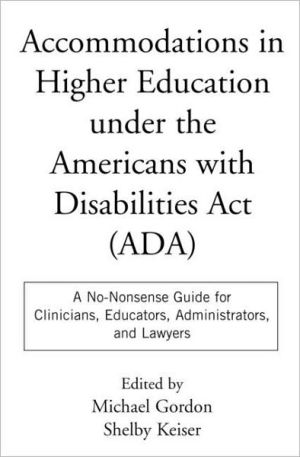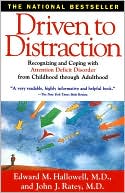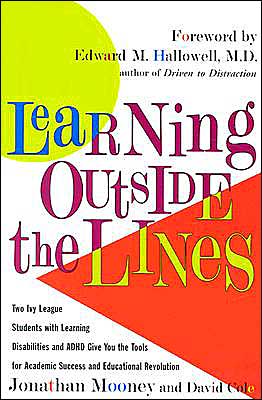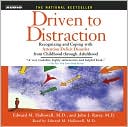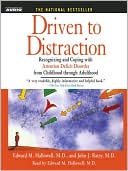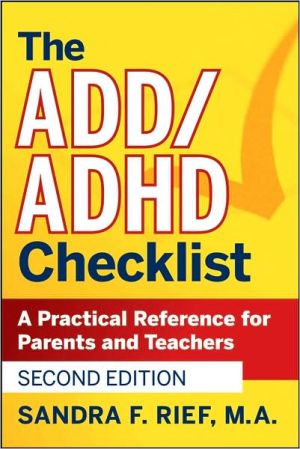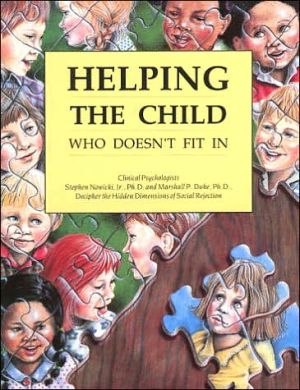Accommodations in Higher Education under the Americans with Disabilities Act
This practical manual offers essential information and guidance for anyone involved with ADA issues in higher education settings. Fundamental principles and actual clinical and administrative procedures are outlined for evaluating, documenting, and accommodating a wide range of mental and physical impairments. Contributors draw upon extensive hands-on experience with managing ADA issues. Throughout, chapters provide helpful diagnostic roadmaps, sample reports, and resource listings. Cutting...
Search in google:
This practical manual offers essential information and guidance for anyone involved with ADA issues in higher education settings. Fundamental principles and actual clinical and administrative procedures are outlined for evaluating, documenting, and accommodating a wide range of mental and physical impairments. Contributors draw upon extensive hands-on experience with managing ADA issues. Throughout, chapters provide helpful diagnostic roadmaps, sample reports, and resource listings. Cutting through the morass of confusion surrounding current disability mandates, this book steers clear of political and ideological debates. Its balanced coverage and straightforward approach help it fill a vital need for mental health clinicians, learning disabilities and rehabilitation specialists, administrators in postsecondary institutions and testing organizations, and legal professionals. Booknews Ten contributorsincluding an attorney; manager of the Office of Test Accommodation, the National Board of Medical Examiners; and professors of psychiatry and rehabilitation medicineoffer a wide lens on the implementation and colliding agendas related to providing reasonable accommodations under Public Law 101-336, the Americans with Disabilities Act of 1990. The primary focus is on documentation required for ADA claims in higher education, the majority of which are based on learning and psychiatric disorders rather than physical disabilities. Annotation c. by Book News, Inc., Portland, Or.
Sect. IEssential Concepts/Administrative ConsiderationsCh. 1Underpinnings3Ch. 2Educational Accommodations: A University Administrator's View20Ch. 3Test Accommodations: An Administrator's View46Sect. IIDocumentation of Clinical ConditionsCh. 4Legal Requirements for Clinical Evaluations73Ch. 5Attention-Deficit/Hyperactivity Disorder (ADHD)98Ch. 6Language-Based Learning Disabilities130Ch. 7Mood and Anxiety Disorders154Ch. 8Physical Disabilities170Ch. 9Visual Disorders, Dysfunctions, and Disabilities186Last Words205Resources209App. AThe AHEAD Guidelines for Documentation of a Learning Disability in Adolescents and Adults213App. BThe Consortium Guidelines for Documentation of Attention-Deficit/Hyperactivity Disorder in Adolescents and Adults222Index231
\ From the Publisher"This book is the perfect primer for lawyers who want to understand how the ADA applies to higher education and professional testing. It provides a crystal clear window into the identification of psychiatric, learning, and physical disorders, and should be in the library of every attorney involved with disability law." --Nancy C. Hill, Esq., Partner in the law firm of Carey, Hill & Scott, Charleston, West Virginia\ "This book provides well-written, practical, and user-friendly guidance for professionals who deal with students claiming a need for accommodations in instruction or testing....A 'must-read' for any clinician or administrator who handles these types of student-oriented disability issues." --David K. Fram, Esq., Director, ADA & EEO Services, National Employment Law Institute\ "This book does not shy away from the important questions, challenges, and controversies facing the accommodation process. It expands the grasp of tools available to educators and administrators committed to doing the right thing by the students and institutions they serve." --Louise Harding Russell, Director, Student Disability Resource Center, Harvard University\ "[This book] should be essential reading for any clinician evaluating students who are requesting educational accommodations under the ADA. It provides detailed information concerning how to conduct appropriate evaluations of mental disabilities, particularly ADHD and learning disabilities, to specifically examine educational accommodation need and rationale." --John D. Ranseen, PhD\ \ \ \ \ \ \ Contemporary Psychology"Important and timely....Gordon, Keiser, and other contributors raise the big questions that need to be asked."--Contemporary Psychology\ \ \ Readings"An exceptionally valuable resource."--Readings\ \ \ \ \ ADA Update"Will be of interest to anyone who is in the position of making judgments about whether a person is entitled to an accommodation under the ADA. The book is particularly useful in describing what type of background reports should be prepared to document clinical conditions and to inform applicants of an employer's disability-related decision."--ADA Update\ \ \ \ \ BooknewsTen contributors<-->including an attorney; manager of the Office of Test Accommodation, the National Board of Medical Examiners; and professors of psychiatry and rehabilitation medicine<-->offer a wide lens on the implementation and colliding agendas related to providing reasonable accommodations under Public Law 101-336, the Americans with Disabilities Act of 1990. The primary focus is on documentation required for ADA claims in higher education, the majority of which are based on learning and psychiatric disorders rather than physical disabilities. Annotation c. by Book News, Inc., Portland, Or.\ \
